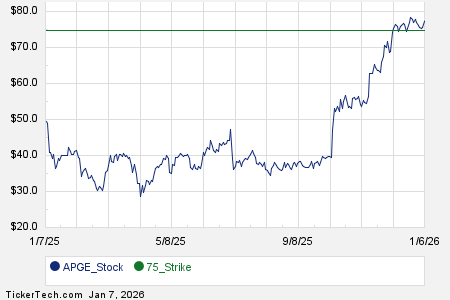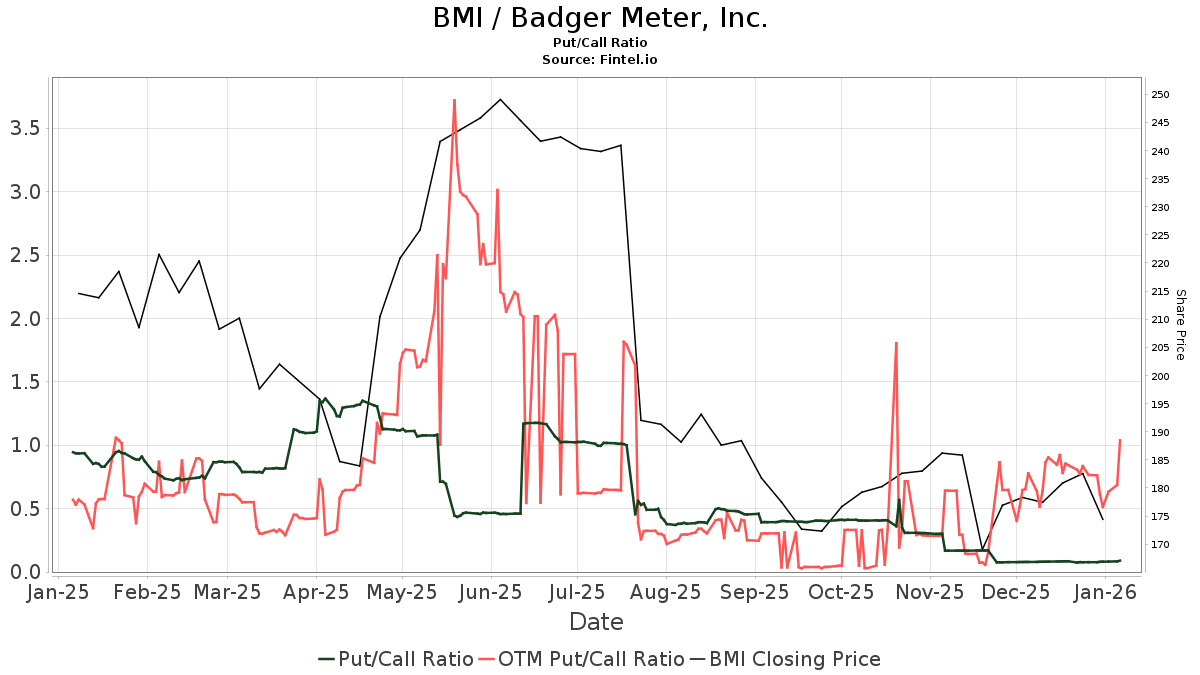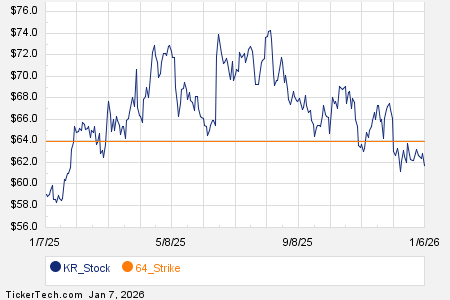Pfizer’s Path Forward: A Look at Future Prospects
The Rise and Challenges of a Leading Pharma Giant
Pfizer (NYSE: PFE) became a prominent name in the stock market during the early days of the pandemic by being the first company to release a coronavirus vaccine. It reported over $100 billion in company revenue in 2022, largely due to its successful vaccine and treatment solutions.
Recently, however, Pfizer has faced a decline in earnings and share price, primarily due to reduced demand for its COVID-related products. Compounding this issue, key patents for blockbuster drugs are set to expire later this decade, which could further impact revenue streams. Consequently, the stock has fallen by more than 50% over the past three years.
Start Your Mornings Smarter! Wake up with Breakfast news in your inbox every market day. Sign Up For Free »
Despite these challenges, Pfizer has not remained passive. The company is actively working to revive its growth and maintain long-term momentum. A notable strategy involved investing $43 billion in a program aimed at enhancing its capabilities in a crucial treatment area. It’s predicted that this investment could help Pfizer’s stock rebound by 2025. Let’s take a deeper dive into this situation.

Image source: Getty Images.
Pfizer’s Journey Through Time
To understand Pfizer’s current situation, it’s essential to look at its longstanding history. For 175 years, Pfizer has sold a diverse range of medications for various health issues. However, the pandemic catapulted Pfizer into the limelight as it developed vital COVID-19 products. The initial success led to substantial revenue growth but was quickly followed by a decrease as demand fell.
Moreover, the upcoming expiration of patents on essential drugs, such as the blood thinner Eliquis and the breast cancer treatment Ibrance, means Pfizer anticipates a loss of $17 billion in revenue from 2025 to 2030.
In response, Pfizer initiated an unprecedented product launch program, unveiling 19 new products or indications within just 18 months. Additionally, the company has prioritized acquisitions to fuel its growth; this is where the $43 billion investment in Seagen comes into play. Seagen specializes in oncology and antibody-drug conjugates (ADCs). This technology allows targeted cancer treatment, sending drugs directly to cancer cells using the precision of monoclonal antibodies.
Seagen’s Contributions to Pfizer’s Growth
The Seagen acquisition has already started to pay off, with several of their drugs contributing to Pfizer’s revenue. Products like Adcetris for Hodgkin lymphoma, Padcev for bladder cancer, Tukysa for breast cancer, and Tivdak for cervical cancer have all experienced year-over-year revenue growth. Notably, Padcev’s revenue doubled, surpassing $400 million. Furthermore, Seagen’s robust pipeline includes multiple drug candidates currently in phase 3 trials. Pfizer aims to launch at least eight oncology blockbusters by 2030, indicating a promising future in this sector.
Why do I believe the Seagen acquisition will significantly impact Pfizer by 2025? Currently, Pfizer appears undervalued, trading at around 8x forward earnings estimates when considering its prospects in oncology. Additionally, Seagen’s contributions have led to impressive growth, with the oncology segment, including both Seagen and Pfizer-developed products, achieving over 30% revenue growth recently. This achievement has positioned Pfizer as the third-largest U.S. oncology company by sales in the first half of the year.
While Pfizer has set ambitious goals for 2030, the path to achieve them is designed to unfold over the next few years. As revenue increases and new products become available, the stock price may also rise. This is why I predict substantial gains for Pfizer stock in 2025, making it a potentially attractive addition to investment portfolios now.
Considering an Investment in Pfizer?
Before deciding to invest in Pfizer, here are some points to ponder:
The Motley Fool Stock Advisor analyst team has recently highlighted what they consider the 10 best stocks for investors right now — and Pfizer is not among them. The top stocks included are expected to yield significant returns in the future.
For example, consider when Nvidia first made the list on April 15, 2005… a $1,000 investment then would now be worth $839,670!*
Stock Advisor offers a straightforward roadmap for achieving investment success, featuring guidance on portfolio building, regular updates, and two new stock recommendations each month. Since 2002, the Stock Advisor service has achieved returns that are more than four times that of the S&P 500.*
See the 10 stocks »
*Stock Advisor returns as of December 23, 2024
Adria Cimino has no position in any of the stocks mentioned. The Motley Fool has positions in and recommends Pfizer. The Motley Fool has a disclosure policy.
The views and opinions expressed herein are those of the author and do not necessarily reflect those of Nasdaq, Inc.








